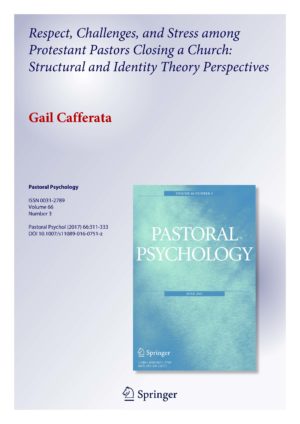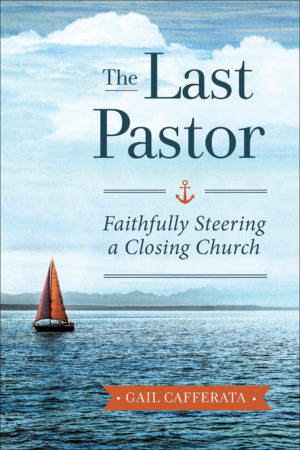The Last Pastor: Adaptive Challenges and Well-Being among Protestant Clergy Closing their Churches
“…congregations and judicatories, sermons, and vocational choices) will help seminaries and judicatories better prepare and support them in their roles. ”
Team Members/Contributors
About this project grant for researchers
Protestant churches are declining at about one to two percent per year but in some mainline denominations nearly twice as many churches are closing than opening, creating financial and other challenges for congregations and judicatories. In this context, what is the role of the pastor in closing a church and how does closing a church affect a pastor? While resources have appeared about pastoral ways to close a church, no one has studied how clergy talk about God and live the Gospel during this process, or how closing churches affect pastoral identity. We know little about how judicatories, denominations and others do (and might) support clergy in this challenging transformative ministry.
This mixed methods (in-depth interviews, written questionnaires and closing sermons) study of the universe of ECUSA, ELCA, PCUSA, UCC and UMC clergy who closed their churches between 2010 and 2013 will show how pastors navigate their pastoral ministries and vocational paths as well as what social and spiritual supports help them respond to challenges and sustain well-being. This uniquely linked data set enables connections to be drawn between survey-derived measures (e.g. challenges of closing tasks, stress, and well-being), with measures, such as clergy differentiation, derived from interviews and closing sermons, as well as with stories about pastoral relationships with the congregation and judicatory. Drawing on perspectives from structural theory, ethics and identity theory, the research examines how pastors exercise agency to respond to adaptive challenges in the context of affirming and challenging relationships with the congregation, the judicatory and others. It seeks to understand how the process of closing a church affects the pastor’s understanding of their pastoral identity, their vocational decisions, spiritual life and family. The cost of not responding to these questions is that we will have less knowledge about the process and impact of closing churches.
| Image | Title | Year | Type | Contributor(s) | Other Info |
|---|---|---|---|---|---|

|
Respect, Challenges, and Stress among Protestant Pastors Closing a Church: Structural and Identity Theory Perspectives | 2017 | Journal Article |
Gail L. Cafferata |
ISSN 0031-2789 Volume 66 Number 3 Pastoral Psychol (2017) 66:311-333 DOI 10.1007/s11089-016-0751-z |

|
The Last Pastor | 2020 | Book |
Gail L. Cafferata |